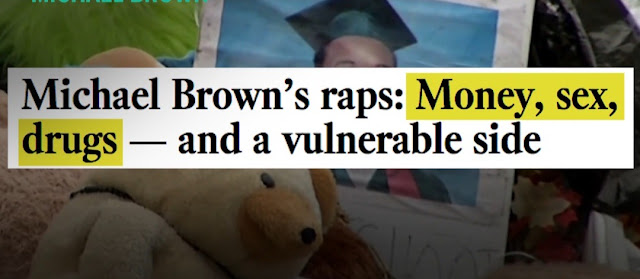Perception is Reality...I Guess"
This week's video on perception arose a question that I often find myself recounting in my personal and professional life. Which is the idea the perceiving is believing and believing is perceiving, even when it's not intentional. A company or creator's lack of attention or mindfulness to a detail can often lead to angry consumers. Sometimes a creator's approach to being inclusive and "woke" can often also cause them to be tone deaf. There are currently two examples of this. One example is the 2017 Pepsi commercial with supermodel Kendall Jenner, in which the idea was that Jenner had the ability to solve the issue of police brutality by simply giving everyone a can of Pepsi. While in theory, this commercial seemed to be socially aware and almost raise more awareness to the issue of police brutality, the other issue was that it was completely and undeniably tone deaf.
The commercial itself received so much backlash that finding the video on the internet is almost near impossible.The creators viewed the work to be socially conscious while not reading the room. This makes a point that the way something is perceived can't always be helped. Perception to many-is reality. A person's perception can be influenced by time, social and political environment as well as culture. It's not hard to make an assumption that had the commercial come out in 2007 rather than 2017 it wouldn't bring as much backlash. The issue of cancel culture has also begun to play a huge role in the way information and images are perceived.





Oh my goodness. This commercial. I can write a novel on how much I hate this commercial and the fact that it was made. I am happy you brought it up because I feel it is worth discussing especially now that the topic of police brutality is finally and thankfully unavoidable. This commercial is still relevant in my opinion given that there are still those who say overly simplistic things on the topic like "why can't we all just get along?" As if people have no good reason to be protesting and they should just stop. So, the fact that you bring it up and remark on the context and culture in which this commercial exists is applicable to the theories discussed in our readings this week and unfortunately still applicable to the mindsets of many Americans who would rather push "peace" (which is really compliance with brutality and injustice) than look at the fundamental issues that need changing in this country. They believe protesters are the ones stirring up the trouble because that's what they see when they see swarms of people in the street so that is what they believe needs to stop. This commercial captured that feeling/mindset and it is problematic to say the least. Do you believe this commercial and the people/company involved should be "cancelled" or given the opportunity to learn from their mistake?
ReplyDeleteHello,
ReplyDeleteI am not sure if it was for this class, but I too wrote on Kendall Jenner's Pepsi commercial mess. As a fan of her and the family I think this was a PR nightmare, perhaps she did not think it would be received the way it did by the audience but it was bad. I am glad Pepsi removed it right when they received backlash.